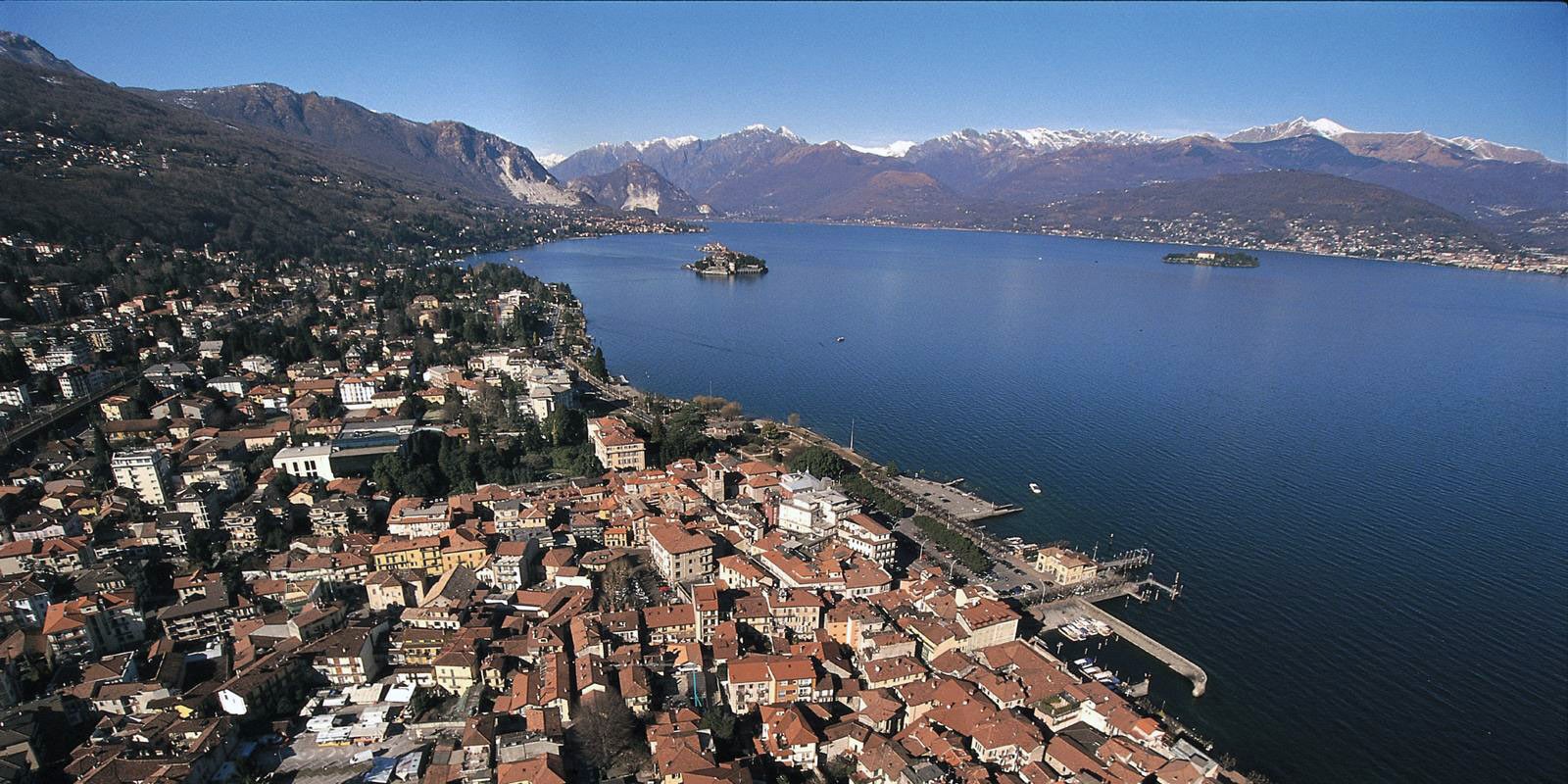Economy and business
Issues over the use of Russian funds seized in Western countries will be decided in Italy

If the first week of June will be exacerbated for Europe between the ECB meeting and the elections for the renewal of the Europarliament, the one that has just begun risks being decisive for Italy’s role in the balance of the international chessboard. And for the consequences that a more than likely hardening on heterodirected positions will bring for our country. For once, I fear already in the short term. The chaos is now total.
News coming out of Iran adds fuel to a fire that has now flared up more than two years ago and that no one can tame. Or perhaps no one wants to tame it. The G7 Finance Ministers’ Meeting, chaired by Giancarlo Giorgetti, the Italian presidency’s delegate, will take place in Stresa from May 23–25. There are three main topics on the table.
- Artificial intelligence,
- the global minimum tax,
- the use of Russian assets were frozen in deference to sanctions.
The first two points will be addressed with no decision in a million, including poorly understood words, but the third point cannot be taken superficially, and they will have to try not to give the impression of being a NATO meeting in disguise. As for the use of the proceeds of the $300 billion in frozen Russian assets to finance Ukraine’s rearmament, the topic appears thorny, to say the least. In fact, it was explosive. In every sense of the word. And Moscow already sent a clear signal just the other day.
The seizure of more than 700 million assets of Russian branches of Unicredit, Deutsche Bank and Commerzbank appears more than a warning. Even Mr. Magoo would see the Rubicon clearly and squarely in front of him. One can cross it, sure. After that, the financial and trade war will be total. And Italy is likely to pay a heavy price. Germany has also had to deal with the collapse of the low-cost energy system that Russia had promised, incurring costs associated with de-industrialization that are nearly unaffordable due to the EU’s misguided green policies.
What’s the problem? During the session devoted to the Ukraine issue, scheduled for Saturday with the participation of Kiev’s Finance Minister Sergii Marchenko, sources familiar with the dossier indicate that the G7 is set to welcome the EU’s decision to use the profits from these Russian assets. And on the purposes of using these resources, Italy will play a mediating role. Translated, what will end up on the table will be at the direction of the Italian presidency. But, clearly, at the US mandate. Reuters stated this quite succinctly last Friday in an article that our media blatantly disregarded. Janet Yellen is about to leave for Europe with a clear agenda. Not surprisingly, before reaching Stresa, she will make a stop in Germany. Frankfurt. And what does U.S. What does Treasury Number One intend to propose to the G7? To turn the proceeds of those frozen assets into collateral to secure a bond or loan offering Kiev some $50 billion almost ready cash in new line of credit.
The problem? The precedent it sets. Because securitizing what is in fact already the result of a seizure that could set a dangerous precedent in international law presupposes keeping that bond on the balance sheet of the subscribing countries for 20 years. Who does it report to? The G7? And under what shared balance sheet, meaning liabilities and assets? And the question is not captious. Because the first to raise the alarm in this regard was Josh Lipsky, senior director of the GeoEconomics Center of the Atlantic Council. It is hard to paint him as a friend of the Kremlin. The one related to this issue represents a very high and impassable mountain to climb. But the United States intends to push very clearly in this direction at the G7. So much so that I’m willing to bet that if it doesn’t become a reality now, it will in the near future, he told Reuters.
In short, the Italian presidency is caught between the anvil of Russia’s seizure of 463 million assets belonging to Unicredit and the hammer of Washington’s iron will to turn the G7’s role as Ukrainian caretaker into a multi-year financial (and military) commitment. And constrained. A huge risk. Of which Minister Giorgetti will certainly be conscious. Just as he is aware of the necessary balance between risks and benefits,.
Is it better to lose the relationship with Russia altogether, jeopardizing banks and companies with a presence there, as well as losing altogether any possible energy rapprochement? Or antagonize the U.S. Treasury at a time when our public accounts-by the explicit admission of the Mef-are at great risk? Who controls the market most that can blow our spread, the U.S. or Russia? And the fact that Janet Yellen stops in Frankfurt before arriving in Stresa—what does that tell us with respect to a likely moral suasion on the ECB, the same institution that, through reinvesting Pepp bonds, is keeping that same spread in balance?






